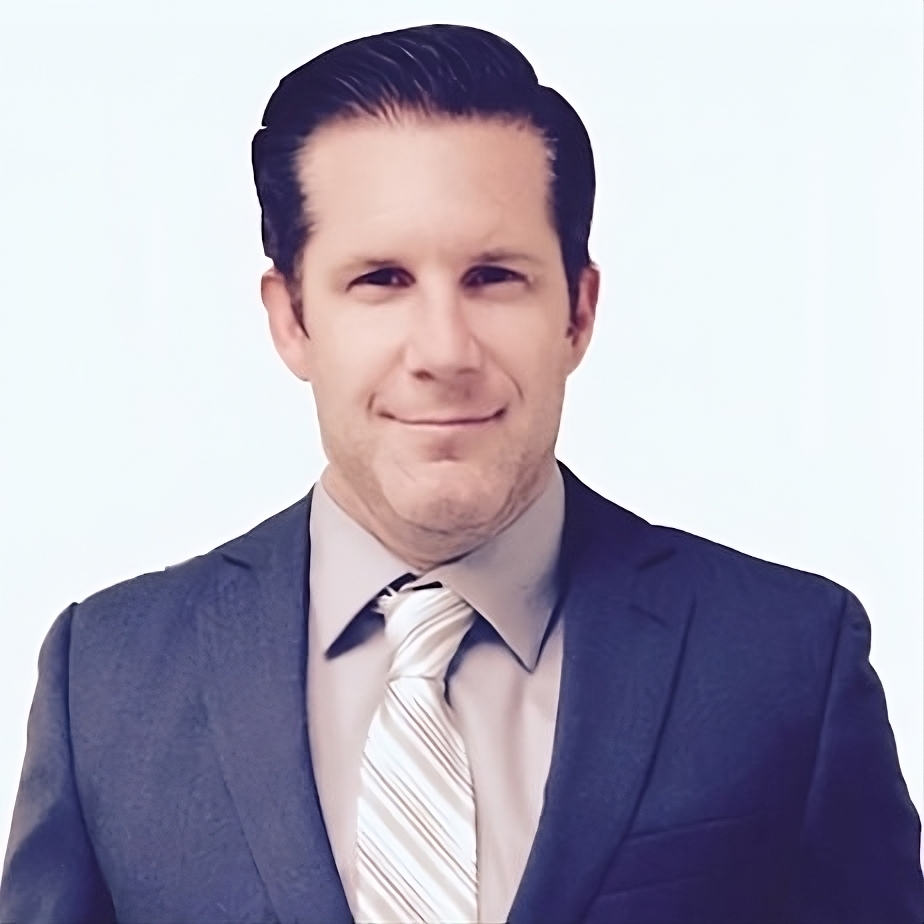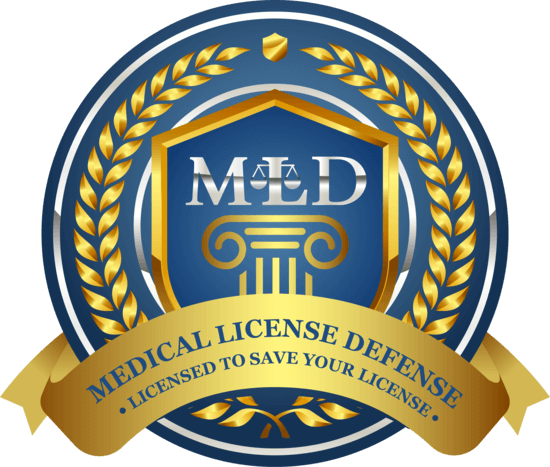The medical profession holds physicians to high standards of care and ethical conduct to ensure patient safety and well-being. When a physician engages in gross negligence or professional misconduct, it can have severe consequences for their medical license and professional reputation. Understanding the implications of such allegations is crucial for physicians and their legal representation. Here’s an overview:
- Definition of Gross Negligence and Professional Misconduct: Gross negligence refers to a severe departure from the standard of care that a reasonably prudent physician would provide under similar circumstances. It involves acts or omissions that demonstrate a reckless disregard for patient safety or a willful indifference to the consequences of one’s actions. Professional misconduct encompasses behavior that violates the Medical Practice Act, ethical guidelines, or accepted professional norms.
- Types of Gross Negligence and Professional Misconduct: Gross negligence or professional misconduct can manifest in various ways, including but not limited to:
- Failure to diagnose or misdiagnosis of a condition
- Surgical errors or improper performance of medical procedures
- Prescription or medication errors, including overprescribing or inappropriate drug use
- Inadequate informed consent or failure to obtain patient consent
- Fraudulent billing practices or insurance fraud
- Boundary violations, such as engaging in inappropriate relationships with patients
- Breach of patient confidentiality or improper handling of medical records
- Substance abuse or impairment while on duty
- Sexual misconduct or harassment involving patients or colleagues
- Reporting and Investigation: Gross negligence or professional misconduct allegations can be reported to the Medical Board of California by patients, fellow healthcare professionals, or other sources. Upon receiving a complaint, the Medical Board initiates an investigation to determine the validity and seriousness of the allegations. The investigation may involve reviewing medical records, gathering testimonies, and consulting expert opinions to assess the physician’s conduct.
- Disciplinary Actions: If the Medical Board determines that there is sufficient evidence of gross negligence or professional misconduct, it has the authority to impose various disciplinary actions, including but not limited to:
-
- License suspension or revocation: The Board may suspend a physician’s license temporarily or permanently, effectively prohibiting them from practicing medicine.
- Probation: A physician may be placed on probation, which entails monitoring, restrictions, and specific conditions that must be met to continue practicing.
- Requiring additional education or training: The Board may mandate physicians to complete additional courses or training programs to address deficiencies in their practice.
- Imposing fines or restitution: Physicians may face monetary penalties or be required to reimburse patients for financial harm resulting from their misconduct.
- Public reprimand or censure: The Medical Board may publicly disclose the disciplinary action taken against the physician, which can harm their professional reputation.
- Legal Defense Strategies: When facing allegations of gross negligence or professional misconduct, it is crucial for physicians to seek legal representation from a skilled medical license defense attorney. An experienced attorney will thoroughly review the case, challenge the evidence presented, and develop a robust defense strategy. This may involve obtaining expert witness testimony, presenting evidence of adherence to the standard of care, and demonstrating mitigating factors.
- Rehabilitation and Remedial Measures: Physicians accused of gross negligence or professional misconduct may have the opportunity to demonstrate rehabilitation and a commitment to improving their professional conduct. This may involve participating in remedial programs, continuing education, or rehabilitation for any underlying issues contributing to the misconduct.
- Protecting Professional Reputation: Allegations of gross negligence or professional misconduct can have significant implications for a physician’s professional reputation. Even if the allegations are unfounded, they can tarnish a physician’s standing within the medical community and impact future employment opportunities. Working closely with a skilled medical license defense attorney can help protect a physician’s professional reputation throughout the legal process.
Facing allegations of gross negligence or professional misconduct is a serious matter that requires proactive legal defense. At Medical License Defense, we specialize in medical license defense and understand the challenges physicians face when their professional reputation and livelihood are at stake. Contact us today for a consultation to discuss your case, and let us provide you with the strong legal advocacy you need to protect your medical license and professional future.















